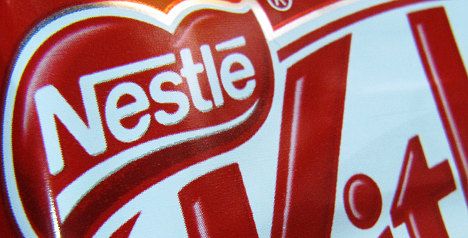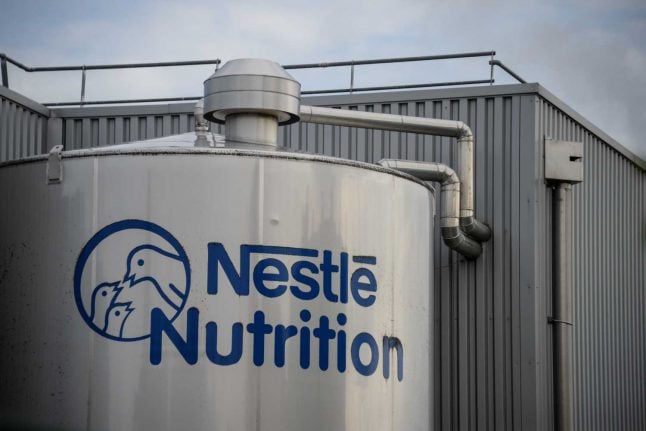Nestle said on Monday it had agreed to buy a 60-percent stake in Singapore-listed Hsu Fu Chi for 1.4 billion francs ($1.7 billion) to boost the group’s footprint in China.
Commerce ministry spokesman Yao Jian told reporters on Friday the government had received an application from Nestle to acquire the sweetmaker.
“Our anti-monopoly bureau is checking whether the documents are complete … before carrying out the following procedures, including accepting the application,” Yao told reporters.
China’s anti-monopoly law requires firms to receive government approval before they can merge if their combined global revenue exceeds 10 billion yuan ($1.55 billion) or if their revenue in China tops two billion yuan.
Authorities also review deals if two or more of the firms have each reported more than 400 million yuan of revenue in China in the previous fiscal year.
In April, Chinese regulators gave US retail giant Wal-Mart the green light to buy the remaining stake of Chinese supermarket chain Trust-Mart, in which it already owned a share, according to Chinese media reports.
But Beijing has also blocked foreign takeover deals.
In 2009, it vetoed a $2.4 billion bid by Coca-Cola to take over beverage maker Huiyuan Juice Group, saying the deal would have led to higher prices and a smaller choice of products.
Hsu Fu Chi’s net profit for the quarter ending March 31st reached 206.6 million yuan, with revenues at 1.5 billion yuan, according to its latest financial statement.
Euromonitor analysts noted that Nestle’s stake in Hsu Fu Chi would make it the second largest confectionery player in China by retail sales.



 Please whitelist us to continue reading.
Please whitelist us to continue reading.
Member comments